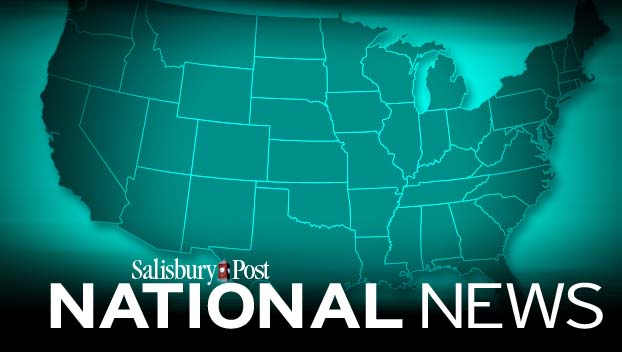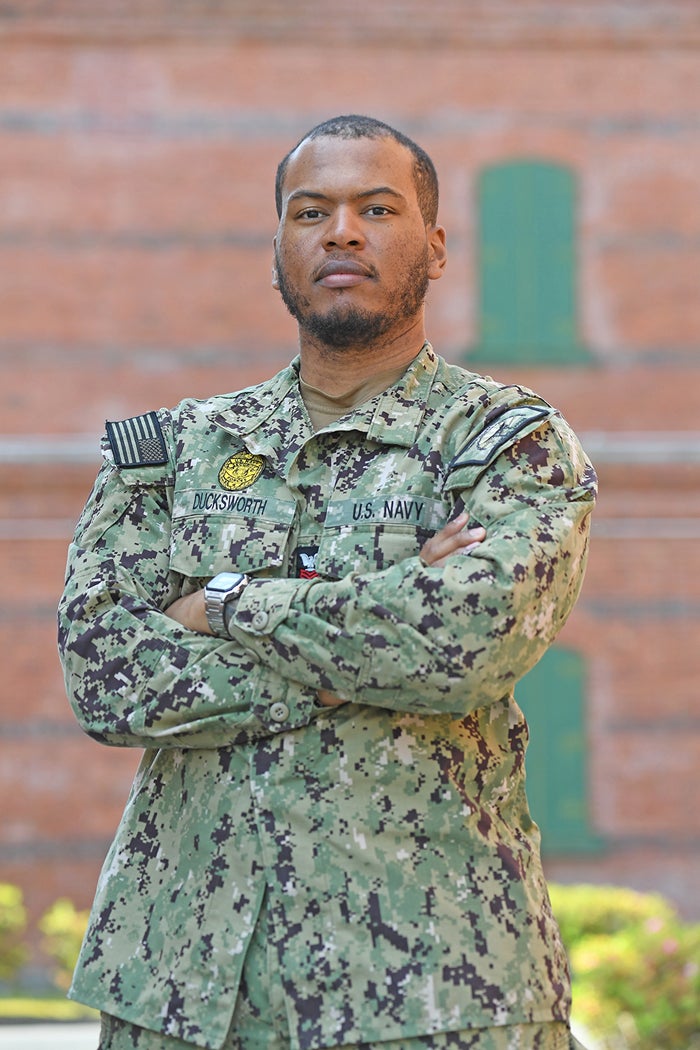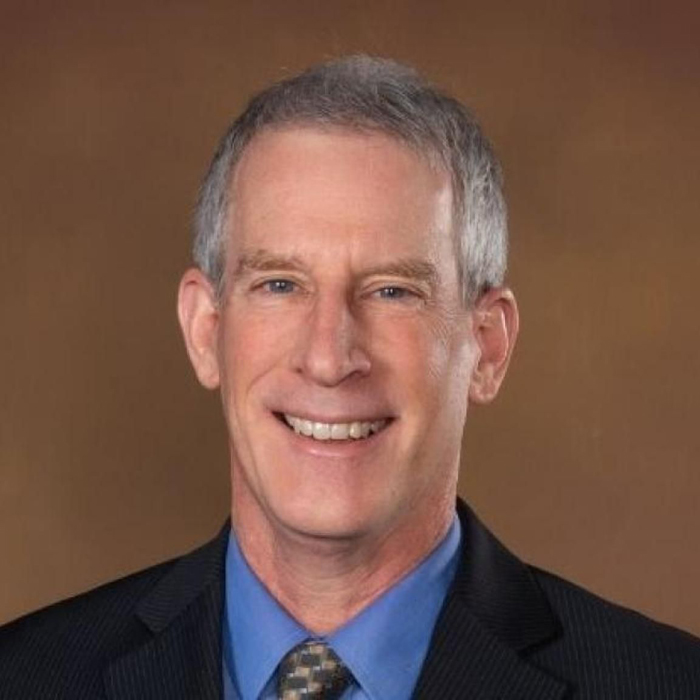Biden to unveil actions on guns, including new ATF boss
Published 11:49 pm Wednesday, April 7, 2021
By Alexandra Jaffe, Aamer Madhani and Michael Balsamo
Associated Press
WASHINGTON — President Joe Biden will unveil a series of executive actions aimed at addressing gun violence today, delivering his first major action on gun control since taking office.
He’ll also nominate David Chipman, a former federal agent and adviser at the gun control group Giffords, to be director of the Bureau of Alcohol, Tobacco, Firearms and Explosives, according to senior Biden administration officials.
Biden has faced increasing pressure to act on gun control after a spate of mass shootings across the U.S. in recent weeks, but the White House has repeatedly emphasized the need for legislative action on guns. While the House passed a background-check bill last month, gun control measures face slim prospects in an evenly-divided Senate, where Republicans remain near-unified against most proposals.
Biden will be joined by Attorney General Merrick Garland at the event, and most of the actions will come from the Justice Department.
Biden is expected to announce tighter regulations requiring buyers of so-called “ghost guns” to undergo background checks. The homemade firearms — often assembled from parts and milled with a metal-cutting machine — often lack serial numbers used to trace them. It’s legal to build a gun in a home or a workshop and there is no federal requirement for a background check.
The president’s plans were previewed by a person familiar with the expected actions who was not authorized to publicly discuss them.
Senior administration officials confirmed that the Justice Department would issue a new proposed rule aimed at reining in ghost guns within 30 days, but offered no details on the content of the rule.
The Justice Department will also issue a proposed rule within 60 days tightening regulations on pistol-stabilizing braces, like the one used by the Boulder, Colorado, shooter in a massacre last month that left 10 dead. The rule would designate pistols used with stabilizing braces as short-barreled rifles, which, under the National Firearms Act, require a federal license to own and are subject to a more thorough application process and a $200 tax.
The Justice Department will also publish model red flag legislation within 60 days, which the administration says will make it easier for states to adopt their own red flag laws. Such laws allow for individuals to petition a court to allow the police to confiscate weapons from a person deemed to be a danger to themselves or others.
And it will begin to provide more data on firearms trafficking, starting with a new comprehensive report on the issue, which the Biden administration says it hasn’t done in over two decades.
The president will also announce investments in community violence intervention programs, which are aimed at reducing gun violence in urban communities, across five federal agencies.
Administration officials hinted there may be more to come from the administration on guns, calling the round of executive actions “initial steps” that were completed under Garland’s purview within the first few weeks of his tenure.
The ATF is currently run by Acting Director Regina Lombardo. Gun-control advocates have emphasized the significance of the ATF director in enforcing the nation’s gun laws, and Chipman is certain to win praise from them. During his time as a senior policy adviser with Giffords, he spent considerable effort pushing for greater regulation and enforcement on ghost guns, reforms of the background check system and measures to reduce the trafficking of illegal firearms.
Prior to that, Chipman spent 25 years as an agent at the ATF, where he worked on stopping a trafficking ring that sent illegal firearms from Virginia to New York, and served on the ATF’s SWAT team. Chipman is a gun owner himself.
He also is an explosives expert and was among the team involved in investigating the Oklahoma City Bombing and the first World Trade Center bombing. He also was involved in investigating a series of church bombings in Alabama in the 1990s. He retired from the ATF in 2012.





